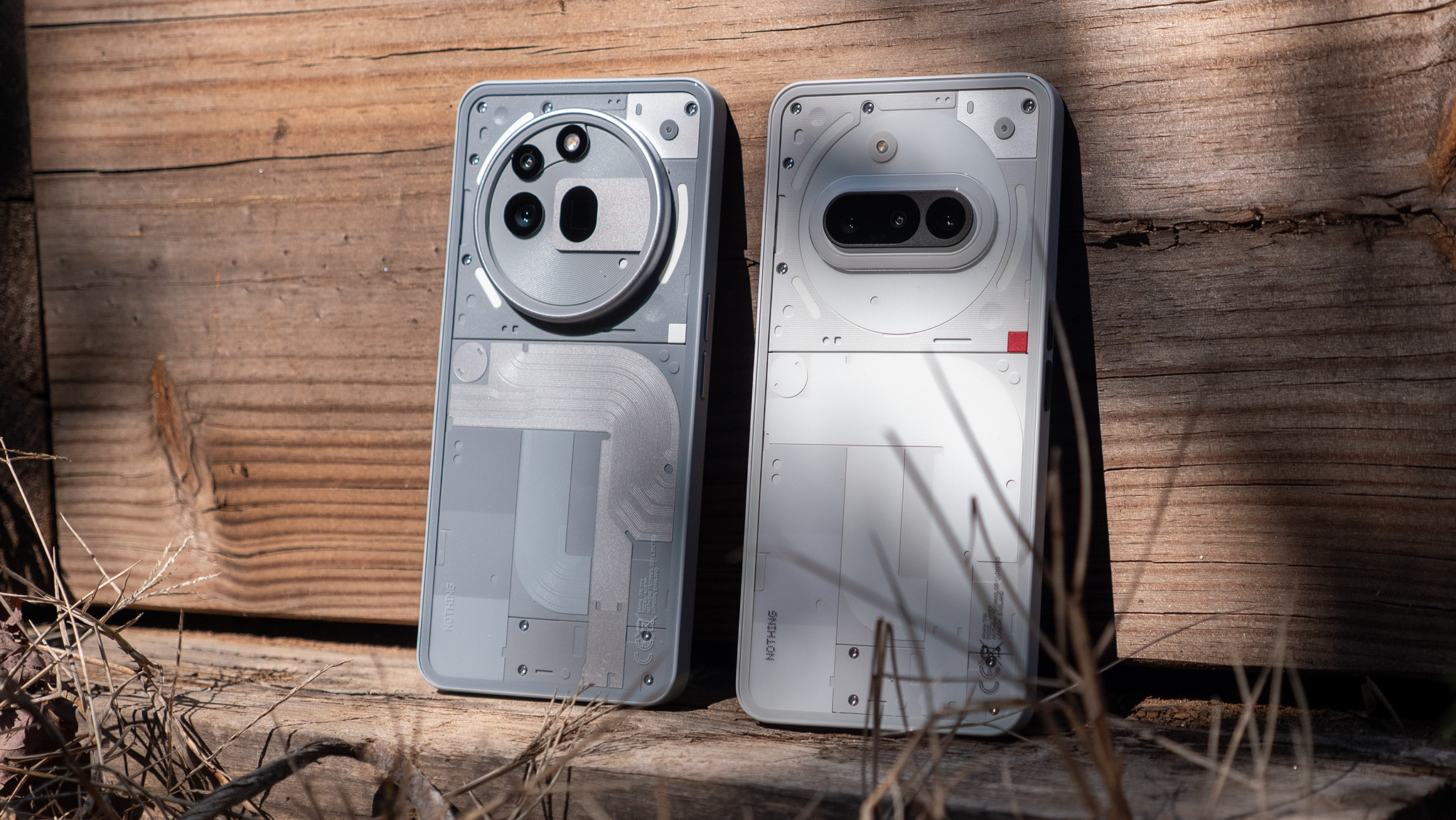OnePlus has lost the one thing that made it unique — and that's a problem

Get the latest news from Android Central, your trusted companion in the world of Android
You are now subscribed
Your newsletter sign-up was successful
A new OnePlus phone was announced last week. Did you catch it? Or, maybe a better question, do you even care? Among all of the madness of Prime Day, Apple's iPhone 12 event, and review embargos lifting for the Pixel 5, we also had the official unveiling of the OnePlus 8T. The 8T looks like a great phone in just about every regard, but no matter how much I read or watch YouTube videos about it, I just can't get excited about the thing.
2020 has been an eventful year for a number of reasons. Outside of everything happening with public health, elections, etc., there's also been a lot of change happening in the mobile space. Specifically, there's been a sudden surge in "value flagship" phones. Whether it be the Galaxy S20 FE, Google Pixel 5, LG Velvet, or Nokia 8.3 5G, a lot of companies are releasing legitimately great handsets for a lot less than the $1000 flagships we've become accustomed to.
This means a lot more competition in the $600 - $700 price range, which is exactly where OnePlus has found itself for its past couple of releases. The OnePlus 8T is no different, featuring a retail price of $750. On its own, that's a great deal. Getting a Snapdragon 865, 120Hz AMOLED display, four cameras, and great battery life for $750 is nothing to scoff at, but we're also at a point where that's not an amazing, unbeatable deal like it once used to be.
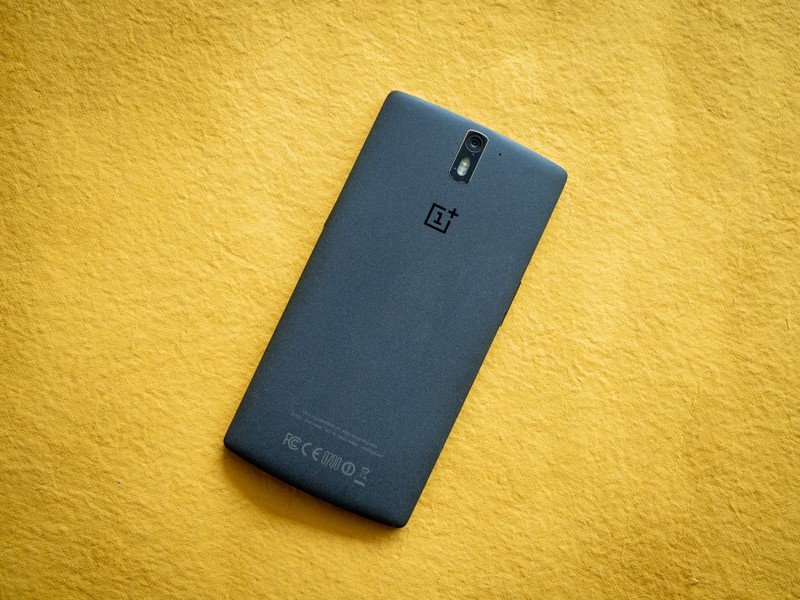
Ever since its inception back in 2014, the big draw to OnePlus has been its affordable prices. You could buy the newest Samsung Galaxy or iPhone and spend an exorbitant amount of money in the process, or go with a OnePlus phone that cost significantly less while still retaining many of the same specs. Sure, you might sacrifice camera quality or certain features like water resistance, but the value proposition was unmatched.
OnePlus is changing, but so are its competitors.
As we've talked about many times before, the OnePlus from a few years ago is very different from the one we have now. Its prices increase year after year as it strives to create better smartphones, and while that's always been a point of contention, the rest of the market is usually so fixated on even steeper costs that there was still an argument to be made in OnePlus's favor. Unfortunately for OnePlus, that changed dramatically this year.
Following the launch of its mainline Galaxy S20 family of devices, Samsung made a surprise release with the Galaxy S20 FE. It's virtually identical to the $1,100 Galaxy S20+, though it opts for a plastic back, less RAM, and a tweaked camera system to hit a price tag of just $700 (and was discounted to $600 shortly thereafter). You've also got the Pixel 5, which offers one of the best camera experiences on the market, excellent software, and a wonderfully compact size — all while hitting the same $700 mark.
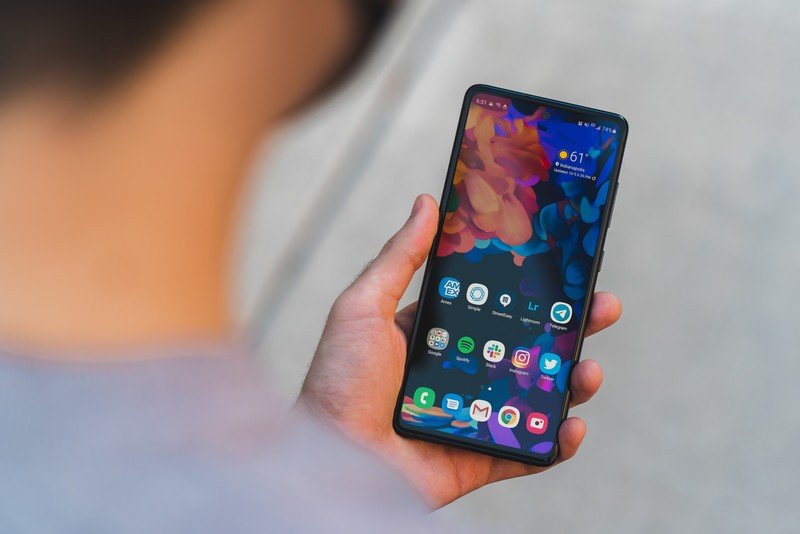
This is fantastic news for you and me, because it means we can now get legit flagship experiences for a lot less money than we're used to paying. Samsung's doing it, Google's doing it, and so is Apple with its $699 iPhone 12 mini. As for OnePlus, this makes it more of a direct alternative to those handsets rather than something that has a unique advantage over them. And as a direct alternative, it doesn't make that strong of an argument as to why it's worth getting over the competition.
Get the latest news from Android Central, your trusted companion in the world of Android
OnePlus didn't undercut Samsung. Samsung undercut OnePlus.
Let's go over the OnePlus 8T's key specs one more time. It has a Snapdragon 865, 120Hz AMOLED display, 128GB of storage, a 4,500 mAh battery with USB-C charging, multiple rear cameras, and stereo speakers. The S20 FE shares all of those things, and it has the 8T beat with expandable storage, wireless charging, and a proper IP68 dust/water resistance rating — all while having a retail price that's $50 less.
OnePlus's mission used to be undercutting the big names like Samsung, but in 2020, Samsung's the one undercutting OnePlus.
None of this is to try and paint the OnePlus 8T as a bad phone. In fact, it's really darn good. Harish gave it a 4 out of 5 in our full review, saying that it's "the upgrade you're looking for." But from the perspective of OnePlus needing to sell a lot of these to have a successful launch, I'm struggling to find a legitimate reason why I'd recommend anyone go out and buy the thing.
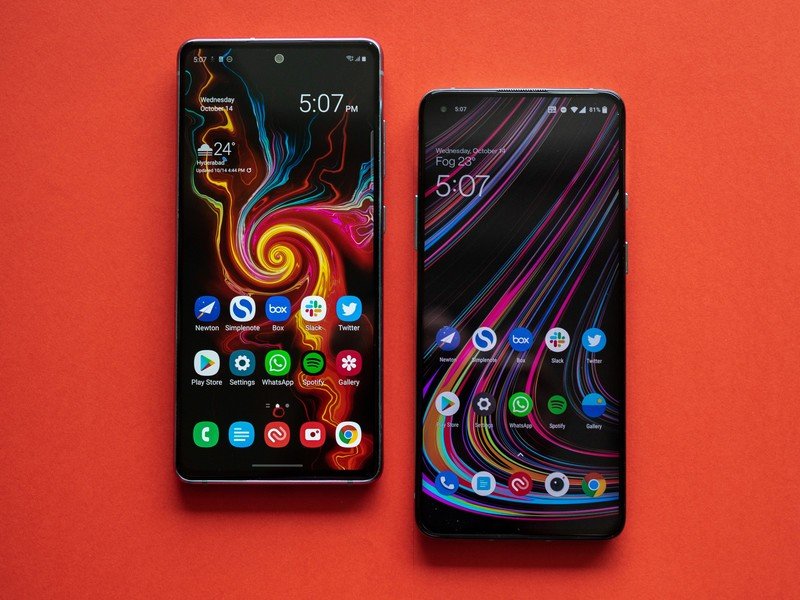
If you want the latest Snapdragon processor with a 120Hz display, the Galaxy S20 FE gives you that and a bunch more for less cash. If you want a clean Android interface with a stock design, you no longer get that with OnePlus phones following the OxygenOS 11 update that draws heavy inspiration from Samsung's One UI. Instead, you might as well just get a Pixel 5.
OnePlus spent the past few years trying to fight its way into carrier partnerships across the U.S., and now that its phones are sold at T-Mobile and Verizon, it's lost the one thing separating it from brands that regular shoppers are more familiar with. If given the choice between the OnePlus 8T for $31.25/month or the Galaxy S20 FE for $29.17/month at T-Mobile, do you really think people are going to choose the more expensive phone from a brand they're considerably less familiar with?
The Nord is a clear sign that OnePlus is still interested in releasing phones with competitive prices, and before the year is over, we're expecting the company to bring its first Nord devices over to the U.S. That's fine and dandy, but for its top-tier flagships, OnePlus has to start thinking a bit more out of the box.
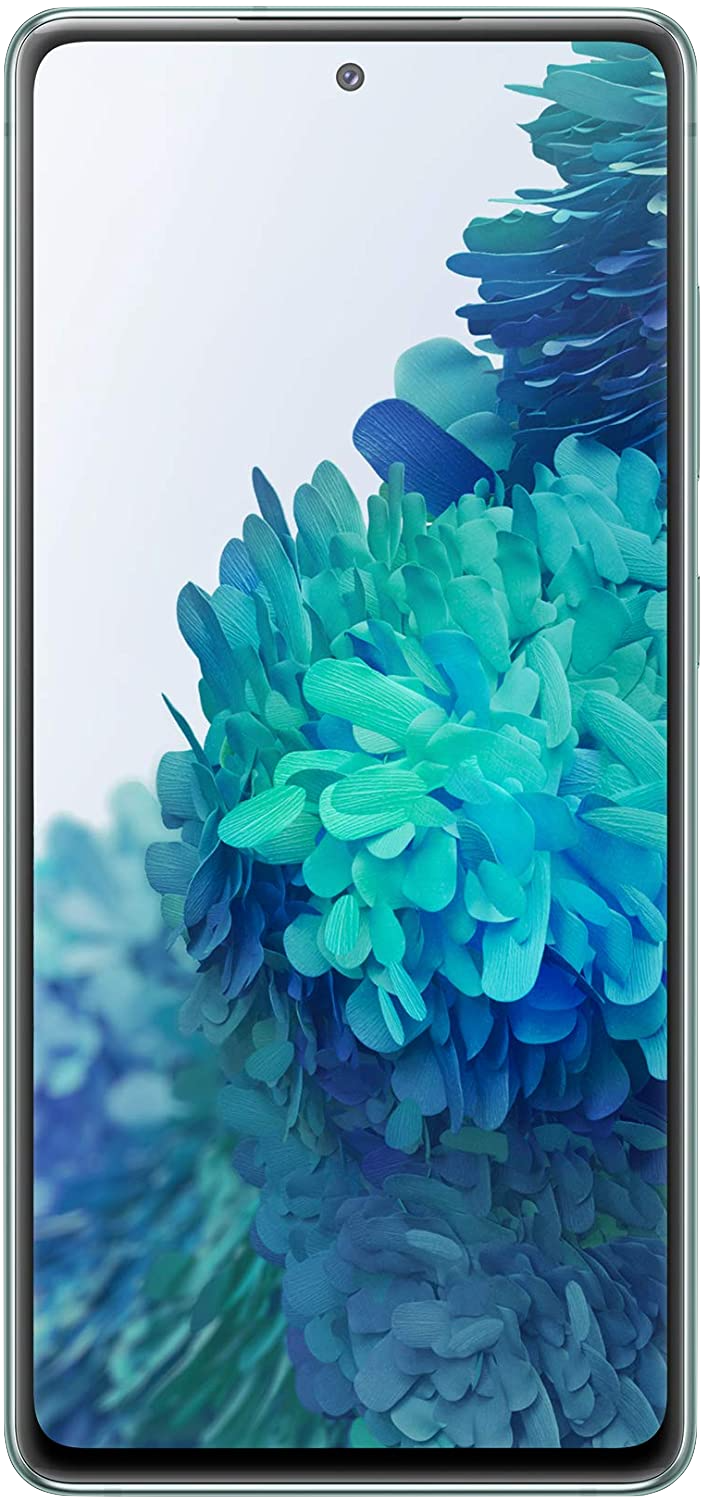
Step aside, OnePlus
OnePlus was once synonymous with unmatched value, but in 2020, that's not really the case. If you want a high-end Android phone without spending a ton of cash, the Galaxy S20 FE is incredible. From the Snapdragon 865 chipset, 120Hz display, great cameras, and everything else it has to offer, there's so much to like.

Joe Maring was a Senior Editor for Android Central between 2017 and 2021. You can reach him on Twitter at @JoeMaring1.
